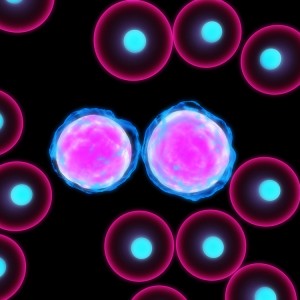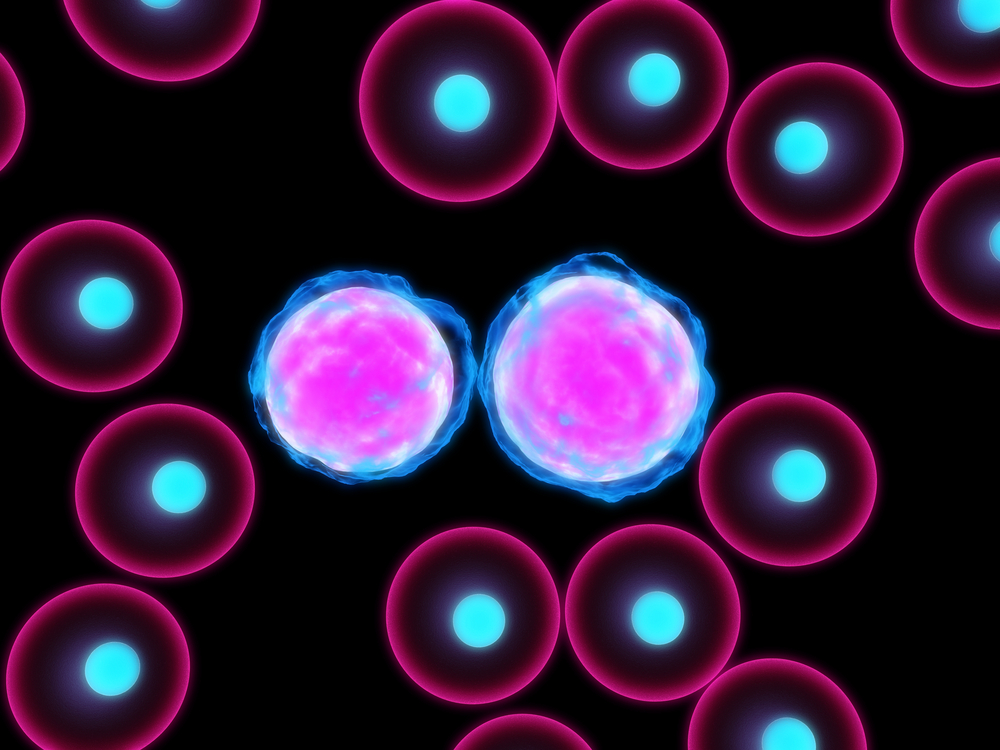 In a new study entitled “Reprogramming of primary human Philadelphia chromosome-positive B cell acute lymphoblastic leukemia cells into nonleukemic macrophages,” researchers discovered leukemia cells (specifically, B-cell acute lymphoblastic leukemia) can be transformed into safe macrophages. The study was published in the journal Proceedings of the National Academy of Sciences.
In a new study entitled “Reprogramming of primary human Philadelphia chromosome-positive B cell acute lymphoblastic leukemia cells into nonleukemic macrophages,” researchers discovered leukemia cells (specifically, B-cell acute lymphoblastic leukemia) can be transformed into safe macrophages. The study was published in the journal Proceedings of the National Academy of Sciences.
The scientists focused on a particular aggressive form of leukemia, B-cell acute lymphoblastic leukemia with a Philadelphia chromosome, when they made a peculiar observation: some of the cancer cells during in vitro cultures were transforming into what seemed like macrophages, a type of immune cells.
The team hypothesized that if they could force leukemia cancer cells to differentiate into cells from the myeloid lineage (from which macrophages arise) they could reduce the number of cells that remain in a “leukemogenic state.” The authors discovered that B-cell leukemia cells could indeed be reprogrammed to macrophage-like cells by exposing them to differentiation-promoting cytokines. Additionally, expressing myeloid transcription factors would render cells not only the appearance but with gene expression and function of normal macrophages. Notably, the team showed that when these macrophage-like cells were introduced into a new mouse, animals remained free of disease, establishing that reprogrammed cells lost all their leukemogenic potential.
The authors suggest that their findings have the potential to develop a new therapeutic strategy against B-cell acute lymphoblastic leukemia. The team is currently investigating whether a drug can mimic the effects observed in the study. Some examples of such drugs are already used to treat other types of leukemia, such as retinoic acid for acute promyelocytic leukemia. While retinoic acid-based therapy is still the only therapy currently established as a differentiating-induced therapy (it induces mature cancer cells into granulocytes, a type of white blood cells of the immune system), this study promises a new treatment for leukemia patients.
Ravi Majeti, MD, PhD, assistant professor of medicine and study lead author commented in a press release, “Because the macrophage cells came from the cancer cells, they will already carry with them the chemical signals that will identify the cancer cells, making an immune attack against the cancer more likely. There’s big-time interest in differentiation therapies for cancer.”


